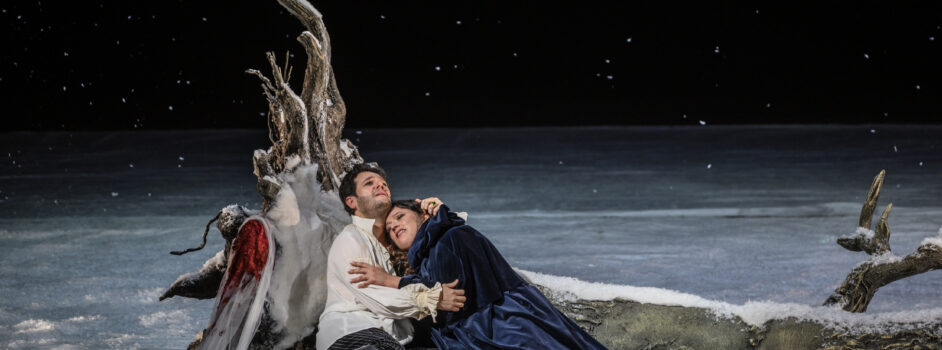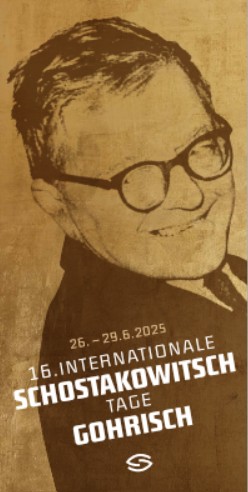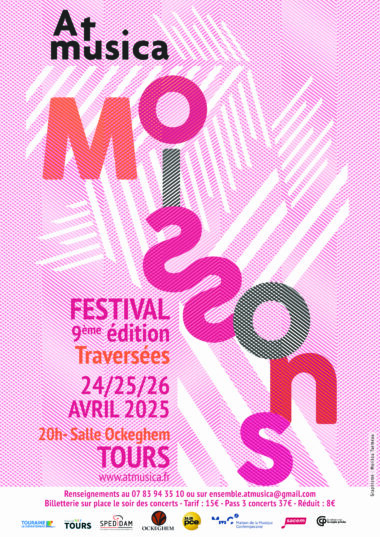Plus de détails
Helsinki. Helsinki Music Centre. 2-IX-2017. Andrea Tarrodi (b. 1981) : Liguria; Samuel Barber (1910-1981) : Knoxville : Summer of 1915, op. 24 ; Richard Strauss (1864-1949) : Verwandlung from Daphne, op. 82 ; Carl Nielsen (1865-1931) : Symphony No. 2, op. 16. Renée Fleming : soprano ; Royal Stockholm Philharmonic Orchestra, conductor : Sakari Oramo
This evening's performance of Nielsen's Symphony No. 2 provided further evidence that the Royal Stockholm Philharmonic Orchestra belongs in the top echelon of the world's great orchestras.

Sakari Oramo is currently Chief Conductor of the Royal Stockholm Philharmonic Orchestra (RSPO) and is well-known to Finnish audiences from his tenure as Chief Conductor of the Finnish Radio Symphony Orchestra. This evening's performance gave Oramo an opportunity to showcase the RSPO to his hometown audience; the results were spectacular.
The program opened with the Swedish composer Andrea Tarrodi's Liguria, an orchestral postcard of sorts from the eponymous region in Italy. Liguria began with heaving and crashing waves; these were so effectively and colorfully orchestrated that Debussy himself would have taken notice. The second section opened with a lonely English horn melody that was taken up by the whole orchestra, while the third section was a playful description of sunbathers rushing to the beach. The fourth and final section depicted a starry night, marked by extraordinarily effectively tam-tam sounds. Throughout the work, Tarrodi's orchestration was ecstatically colorful; one could think of Respighi polished and rebooted for the 21st century.
While Barber's Knoxville: Summer of 1915 shines the spotlight mostly on the soprano soloist, the opening measures demonstrated the polish and confidence of the RSPO. The opening woodwind chamber music breathed and sang together; the strings glowed with caressing warmth. The great soprano Renée Fleming unsurprisingly gave a star turn. Pitch and diction were crystal clear; James Agee's words were expressed with grace and dignity. Particularly memorable was Fleming's wrenchingly beautiful navigation of the work's technically treacherous conclusion.
Following the intermission came the Verwandlung from Richard Strauss' Daphne. Strauss occupies a considerably different expressive world than Barber; the Oramo and the RSPO responded accordingly with an appropriately rich yet taut sound. Fleming was equally at home with Strauss as with Barber; the ease with which she executed the final ethereal vocalise was breathtaking.
This evening's performance of Nielsen's Symphony No. 2 provided further evidence that the RSPO belongs in the top echelon of the world's great orchestras. The vigorous opening was muscular and confident, with a solid low brass foundation and powerful strings. The tight ensemble in both strings and brass brought additional emphasis to Nielsen's jagged attacks. In the second movement, Oramo's lilting tempo gave the music of sense of being both airy and sure-footed. The strings and horns were the highlight of the doleful third movement; the pianissimos in the final movement were on the border of audibility. Both Oramo and RSPO radiated joy and confidence; this combination is definitely worth taking notice.
Credit photographique: Renée Fleming © Timothy White
Plus de détails
Helsinki. Helsinki Music Centre. 2-IX-2017. Andrea Tarrodi (b. 1981) : Liguria; Samuel Barber (1910-1981) : Knoxville : Summer of 1915, op. 24 ; Richard Strauss (1864-1949) : Verwandlung from Daphne, op. 82 ; Carl Nielsen (1865-1931) : Symphony No. 2, op. 16. Renée Fleming : soprano ; Royal Stockholm Philharmonic Orchestra, conductor : Sakari Oramo







